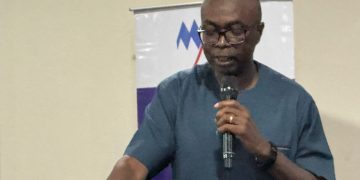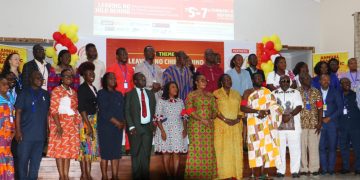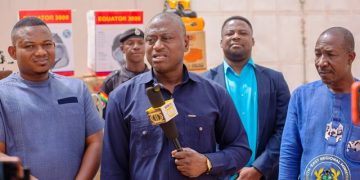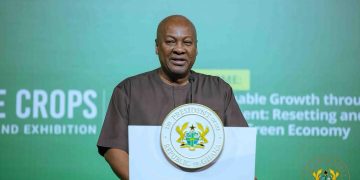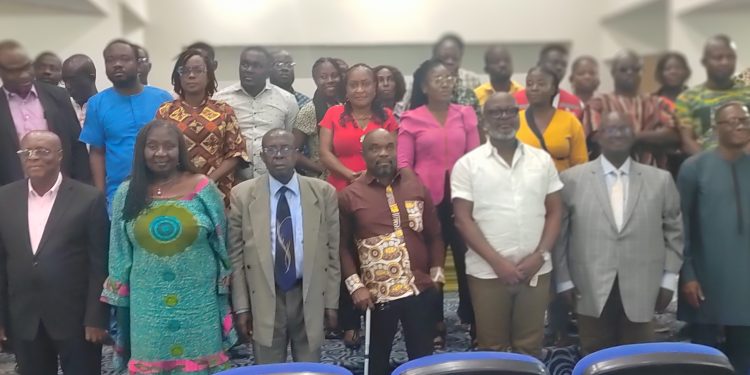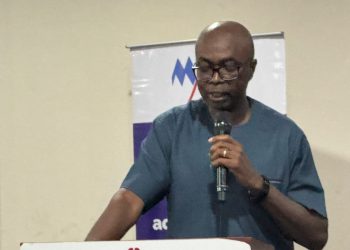The National Labour Commission (NLC) has underscored the critical role of the media in shaping public understanding of industrial disputes, calling for accurate and responsible reporting.
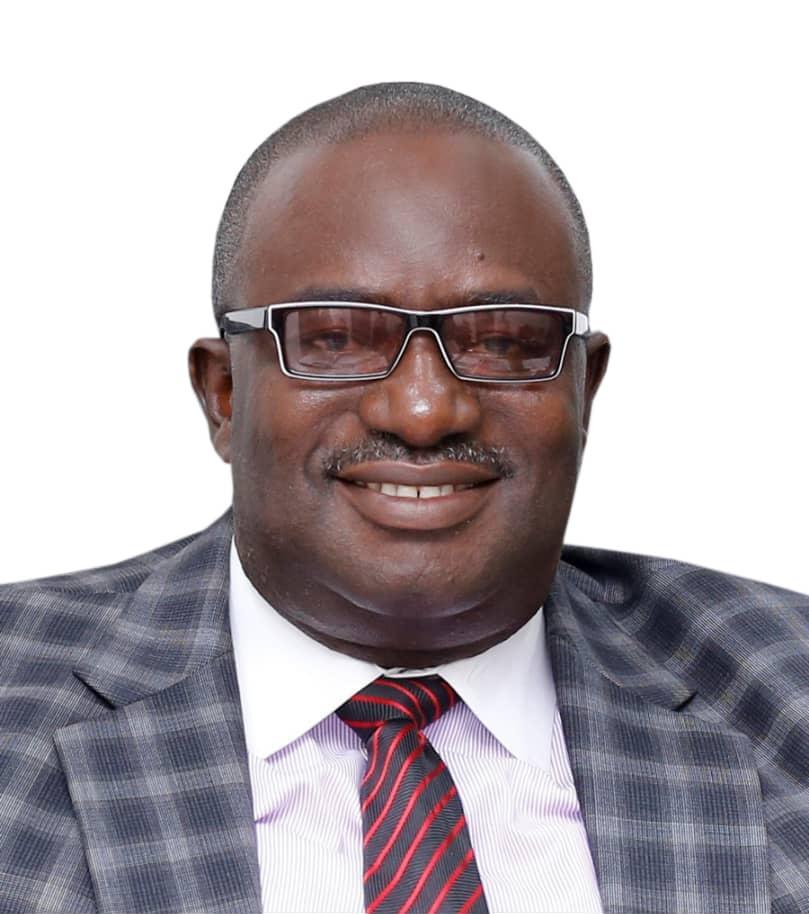
This was highlighted during a media engagement event held in Accra, where Executive Secretary Mr. Ofosu Asamoah and Commission Chairman Justice Kwabena Asumadu addressed journalists on labour issues and the NLC’s mandate.
Mr. Asamoah emphasized that the media plays a key role in educating the public, shaping opinions, and ensuring that industrial disputes are reported with fairness and accuracy.
He noted that misinformation in labour disputes often escalates tensions, making it crucial for media practitioners to collaborate with the commission for factual reporting.
“The NLC views this collaboration with the media as essential. Misinformation on industrial disputes must be minimized to ensure issues are directed appropriately in accordance with the Labour Act 651 of 2003,” he stated.
He further explained that effective management of labour relations is vital for national development, as the workforce is a crucial component of economic productivity.
Investors, he noted, are more likely to commit resources to a country where labour relations are stable and well-managed.
Strengthening Media’s Role in Labour Relations
Justice Kwabena Asuma-Adu, Chairman of the Commission, echoed these sentiments, stressing that industrial disputes often arise from misunderstandings between employers and employees.

He explained the NLC’s role in resolving these conflicts and promoting harmonious labour relations.
“The National Labour Commission was established to facilitate the settlement of industrial disputes and promote peaceful employer-employee relations. However, many people have limited knowledge of our work, and that’s why engaging the media is so important,” he explained.
Justice Asuma-Adu du also pointed out that some media reports on strikes and labour disputes lack depth and context, which can mislead the public.
He urged journalists to prioritize balanced reporting and ensure that both employers and employees are given a fair hearing in labour-related stories.
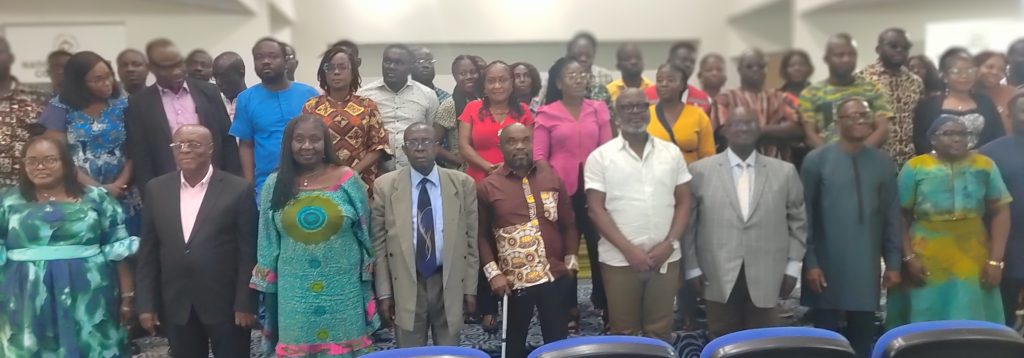
“The media should raise awareness about workplace rights, government policies, and the impact of strikes on the economy. Journalists must also maintain neutrality when covering industrial disputes, avoiding political biases that can distort facts,” he cautioned.
The engagement provided an opportunity for media practitioners to interact with the NLC and gain insights into the commission’s dispute resolution processes.
The NLC expressed optimism that improved media collaboration will enhance public awareness of labour issues and contribute to a more stable industrial environment.
Source: www.kumasimail.com


